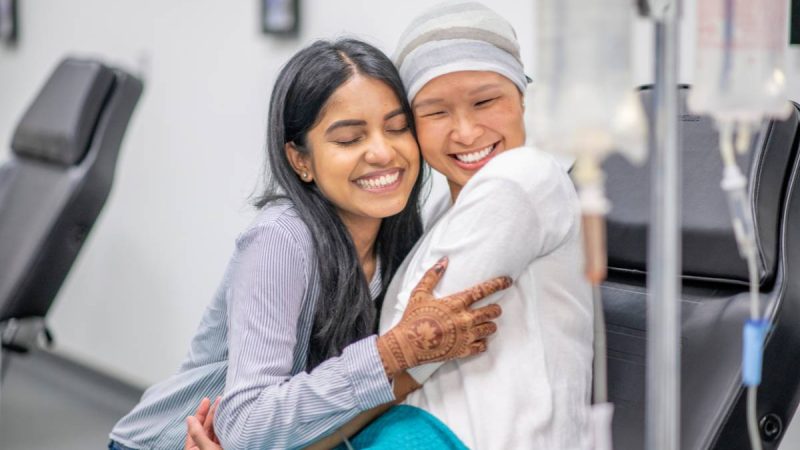The Emotional Side of Cancer Patients and Families

A cancer diagnosis can feel overwhelming. Beyond the physical challenges, cancer often brings emotional and mental stress for both patients and their families. Fear, anxiety, sadness, and uncertainty can become daily struggles. However, building strong support systems can make this journey more manageable. Let’s explore the emotional side of cancer and how support systems can make a difference.
Emotional Challenges Faced by Patients and Families
1. Fear and Uncertainty
Patients may worry about the treatment process, side effects, or what the future holds. Families often share these concerns, unsure how to help their loved one through this difficult time.
2. Sadness and Grief
A diagnosis can bring feelings of loss — loss of health, routine, or future plans. These emotions are normal but can feel heavy.
3. Stress and Fatigue
Managing appointments, treatments, and daily life can create mental and physical exhaustion for everyone involved.
4. Loneliness
Many patients feel isolated, thinking no one truly understands what they’re going through. Families, too, can feel alone in their caregiving role.
The Importance of Support Systems
Having the right support can provide strength, comfort, and hope. Here are some ways to build and maintain support systems:
1. Emotional Support
Counseling and Therapy:
Talking to a professional counselor can help process emotions and find coping strategies.
Support Groups:
Joining a cancer support group allows patients and families to connect with others going through similar experiences. Sharing stories can ease feelings of loneliness.
Family and Friends:
Lean on loved ones for emotional support. Sometimes, just having someone listen can make a big difference.
2. Practical Help
Daily Tasks:
Family, friends, or neighbors can assist with cooking, cleaning, or childcare to lighten the load.
Transportation:
Offering to drive patients to appointments can ease logistical stress.
Financial Guidance:
Social workers or financial advisors specializing in cancer care can help manage treatment costs.
3. Professional Support
Oncologists and Nurses:
Open communication with medical professionals ensures patients and families feel informed and cared for
Palliative Care Teams:
These specialists focus on improving the quality of life during treatment by addressing pain, fatigue, and emotional needs.
Spiritual Support :
For those who are religious or spiritual, speaking with a chaplain or spiritual guide can bring peace and comfort.
How Families Can Cope Together
1. Communicate Openly
Honest conversations help everyone express their feelings and stay connected. Sharing concerns and hopes can strengthen family bonds.
2. Stay Informed
Learning about the diagnosis and treatment options can reduce fear of the unknown. Attend doctor’s appointments together to stay informed.
3. Take Care of Yourself
Caregivers must prioritize their health, too. Eating well, exercising, and finding time to rest are essential to avoid burnout.
4. Celebrate Small Wins
Whether it’s completing a treatment session or simply having a good day, celebrating small milestones can bring positivity.
Support Is a Strength
Cancer may test emotional resilience, but no one has to face it alone. Support systems—whether from loved ones, healthcare teams, or community groups—can help patients and families navigate this journey with strength and hope.
If you or a loved one are dealing with cancer, reach out for support. Together, it is possible to face the challenges and find moments of comfort and joy along the way.
